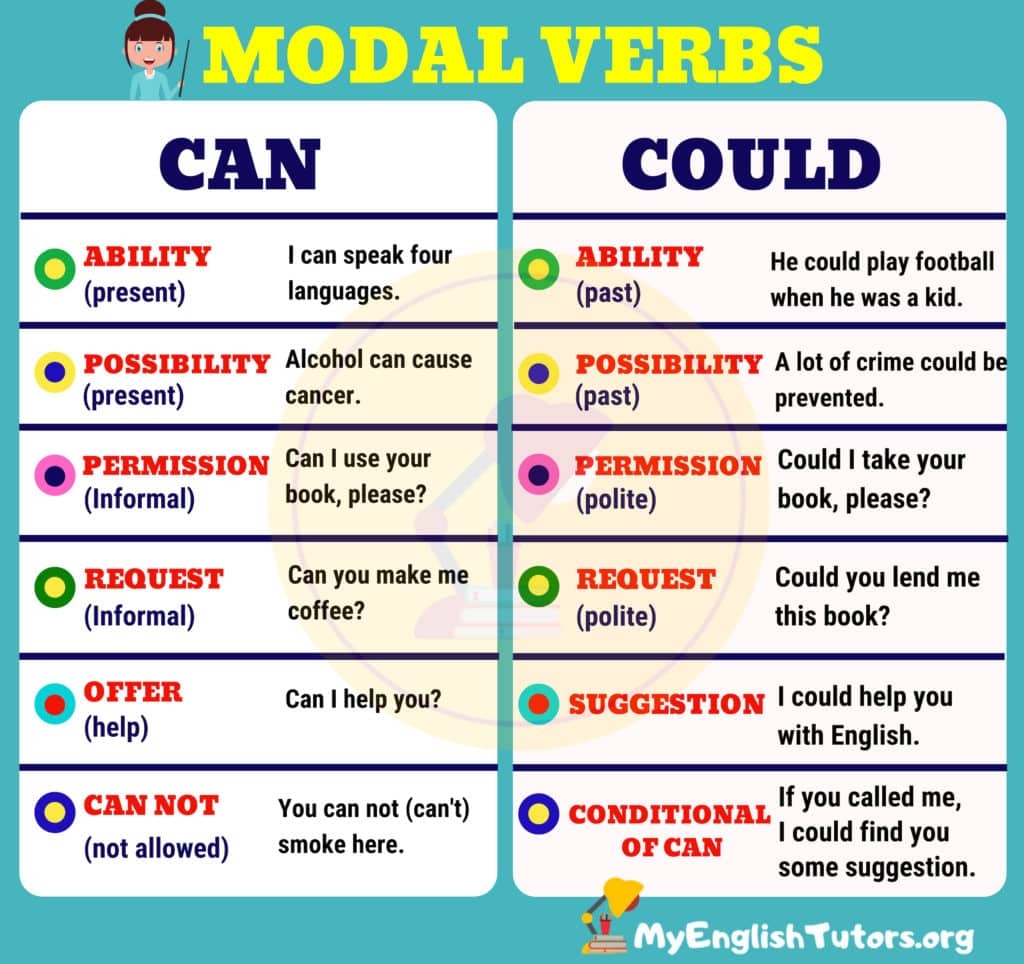Modal verbs play an important role in expressing possibility, permission, obligation, or ability in English language. Understanding the differences between can, could, may, might, should, and must can help you communicate more effectively and accurately. In this article, we will explore exercises to practice using these modal verbs correctly.
1. Can vs. Could: Can is used to talk about general abilities or permissions in the present, while could is used for past abilities or polite requests. For example, “I can speak Spanish fluently” (present ability) vs. “Could you please pass me the salt?” (polite request).
2. May vs. Might: May and might are used to express possibility or permission. May is more formal and is often used in written English, while might is more common in spoken English. For example, “It may rain tomorrow” (possibility) vs. “She might come to the party” (possibility).
3. Should vs. Must: Should is used to give advice or make recommendations, while must is used to express strong obligation or necessity. For example, “You should eat more fruits and vegetables for better health” (advice) vs. “Students must submit their assignments by the deadline” (obligation).
4. Practice Exercise: Choose the correct modal verb to complete the sentences below:
- She _______ be at home by now. (may/might)
- We _______ finish this project by next week. (should/must)
- Could you please help me with this heavy box? (can/could)
- You _______ arrive early for the meeting. (should/must)
5. Answers: 1. may 2. must 3. could 4. should
By practicing these exercises, you can improve your understanding and usage of modal verbs in English. Remember to pay attention to the context and meaning of each modal verb to choose the most appropriate one for each situation. Keep practicing and you will soon feel more confident in using can, could, may, might, should, and must correctly in your conversations and writing.
In conclusion, mastering modal verbs like can, could, may, might, should, and must can enhance your language skills and help you communicate more effectively in English. Practice exercises like the ones mentioned above to strengthen your understanding and usage of these important elements of grammar.
